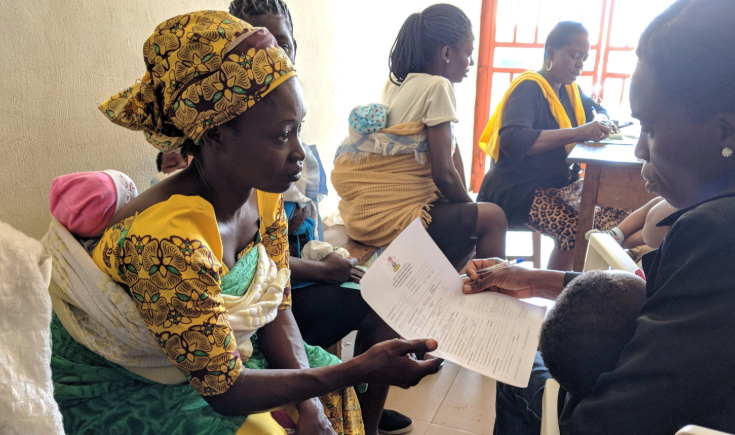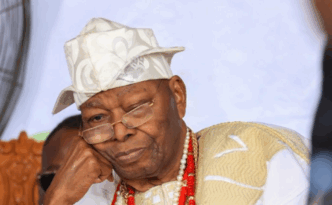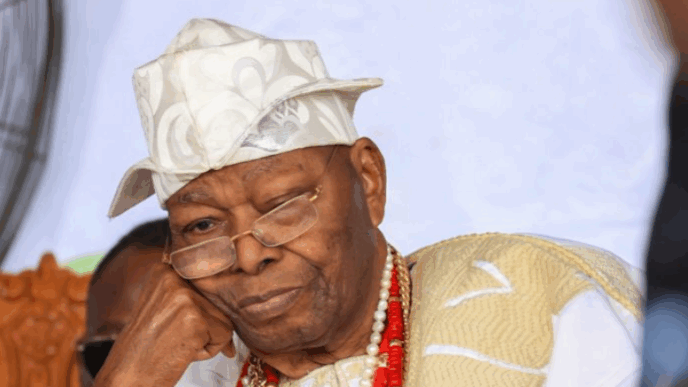BY SHUAIB AGAKA
“From registering people at birth, giving them legal identity, and linking that information to national planning and budgeting, technology can help us stitch everything together,” said Kashifu Inuwa, director-general of the National Information Technology Development Agency (NITDA), during a recent national meeting on Civil Registration and Vital Statistics (CRVS) reform. His words reflect a growing urgency within Nigeria’s tech and governance circles: without harmonised digital identity systems, the country cannot plan, govern, or secure itself effectively. As Nigeria pushes forward on digital transformation, the fragmented state of its data infrastructure is no longer just a technical challenge. From ghost pensioners and unverifiable voters to jailbreaks that nearly go undetected, the absence of integrated identity and data systems has created cracks across sectors, eroding public trust and weakening national development.
Despite years of digitisation efforts, Nigeria’s public data systems remain largely fragmented. Agencies such as NIMC, NPC, NBS, the Federal Inland Revenue Service (FIRS), and the Independent National Electoral Commission (INEC) collect and store data in silos. They rarely share information, and when they do, interoperability is hindered by incompatible systems, bureaucratic resistance, and the absence of enforceable data standards. This lack of cohesion leads to duplicated efforts and contradictory figures that weaken the integrity of governance.
Population data, for example, often varies wildly between agencies, undermining national planning and resulting in misallocated resources. The consequences are far-reaching. Government welfare programmes often fail to reach their intended beneficiaries, with some citizens registering multiple times across platforms while others remain completely excluded from public records.
Advertisement
Security, too, suffers under this fragmented regime. Law enforcement agencies lack access to a single, verifiable database of citizens and residents, making it difficult to track suspects or authenticate identities. A striking example occurred in May 2025, when an inmate was smuggled out of Kirikiri Prison and taken to a Nigerian Immigration Service (NIS) office to obtain a passport. The passport office’s system failed to detect his incarceration, and the application would have been approved if not for a slip of the tongue from the accompanying officer. This alarming breach exposed the failure of cross-agency biometric and criminal data integration, a failure that could have had serious security implications.
Further compounding these issues is the costly duplication of infrastructure. Government agencies routinely spend millions of naira on parallel data systems and surveys, simply because they cannot or will not access existing datasets. These inefficiencies delay critical services and waste public funds, affecting governance from federal ministries to local government councils.
In this context, the renewed focus on CRVS reform represents a pivotal shift. At its core, CRVS refers to the systematic recording of vital life events: births, deaths, marriages, and divorces, and the statistics generated from this data. In countries with mature governance structures, CRVS systems are the bedrock of population tracking, public planning, and identity management. In Nigeria, however, these systems have been underdeveloped, paper-based, and fragmented for decades. The current reform seeks to digitise and link these records into a central, interoperable digital identity ecosystem.
Advertisement
NITDA is playing a central role in this transformation. At the inaugural meeting of the National Civil Registration and Vital Statistics Coordination Committee, NITDA DG Kashifu Inuwa emphasised the importance of harmonising data systems to enable real-time insights, efficient planning, and responsive governance. By ensuring that CRVS-related platforms meet national digital standards and interoperate smoothly, NITDA is setting the foundation for a cohesive, citizen-centric digital identity infrastructure.
This collaborative approach marks a welcome departure from the long-standing “build your own data” mindset that has dominated Nigeria’s public institutions. The CRVS reform envisions a future in which identity-related records, from birth certificates to biometric enrolment and census data, are synchronised within a single, secure system. This integration would eliminate duplication, enhance verification, and provide a consistent, trustworthy basis for decision-making across all sectors.
A harmonised data system is not just a technical upgrade, it’s a structural necessity for effective governance. Real-time, accurate demographic data would allow for smarter planning and budgeting, ending the reliance on outdated censuses or conflicting projections. Instead of allocating schools, hospitals, or roads based on guesstimates, Nigeria could rely on solid, up-to-date data that reflects actual population dynamics.
More importantly, harmonised data would revolutionise public service delivery. With a single digital identity, citizens could access healthcare, education, and welfare programmes without redundancy or delay. Programmes could verify beneficiaries across platforms, reducing fraud and ensuring inclusion.
Advertisement
In times of national emergency, the need for harmonised data becomes even more critical. Disasters, conflicts, and humanitarian crises demand swift, coordinated action, but fragmented records and disjointed identity systems often delay response efforts. A unified Civil Registration and Vital Statistics (CRVS) system would equip authorities with real-time data, enabling more efficient resource allocation, targeted communication, and transparent impact tracking. By ensuring that every individual is accounted for through a verifiable digital identity, Nigeria can strengthen its resilience and responsiveness in moments of national urgency.
Trust in government is also at stake. When citizens see consistency in services, accuracy in records, and protection of their data, confidence in public institutions increases. A harmonised identity system reduces the administrative burden on individuals, who currently face endless re-registration processes across multiple agencies. It also enhances democratic participation, tax compliance, and overall civic engagement.
Crucially, harmonised data systems provide the infrastructure to tackle complex social challenges. From youth unemployment to internal displacement and voter disenfranchisement, these issues require coordinated, data-driven responses that no single agency can deliver alone. Integrating databases across government enables the kind of holistic policy-making that modern states need.
However, while the potential benefits are substantial, the risks are equally real. Chief among them is the question of data privacy and security. Centralising personal data makes it a prime target for misuse, breaches, or authoritarian overreach. In a country where trust in institutions is already low, public resistance could derail reform if citizens believe digital identity systems will be used for control rather than empowerment. That’s why it is critical to establish and enforce robust, transparent data protection laws. Citizens must be reassured that their data will be used responsibly, and mechanisms must be in place to hold agencies accountable for any abuse.
Advertisement
Nigeria’s push to reform CRVS through digital identity and data integration marks a critical turning point. With agencies like NITDA, NPC, NIMC, and NBS aligned in purpose, there is now a rare opportunity to replace the country’s fragmented and inefficient data regime with a system capable of driving real change. From smarter governance and better public services to enhanced national security and public trust, the rewards are immense. But these gains will only be realised if the reform is pursued with urgency, transparency, and a genuine commitment to building a more inclusive and accountable digital future.
Shuaib S. Agaka is a tech journalist based in Kano state. He can be contacted via [email protected]
Advertisement
Views expressed by contributors are strictly personal and not of TheCable.











